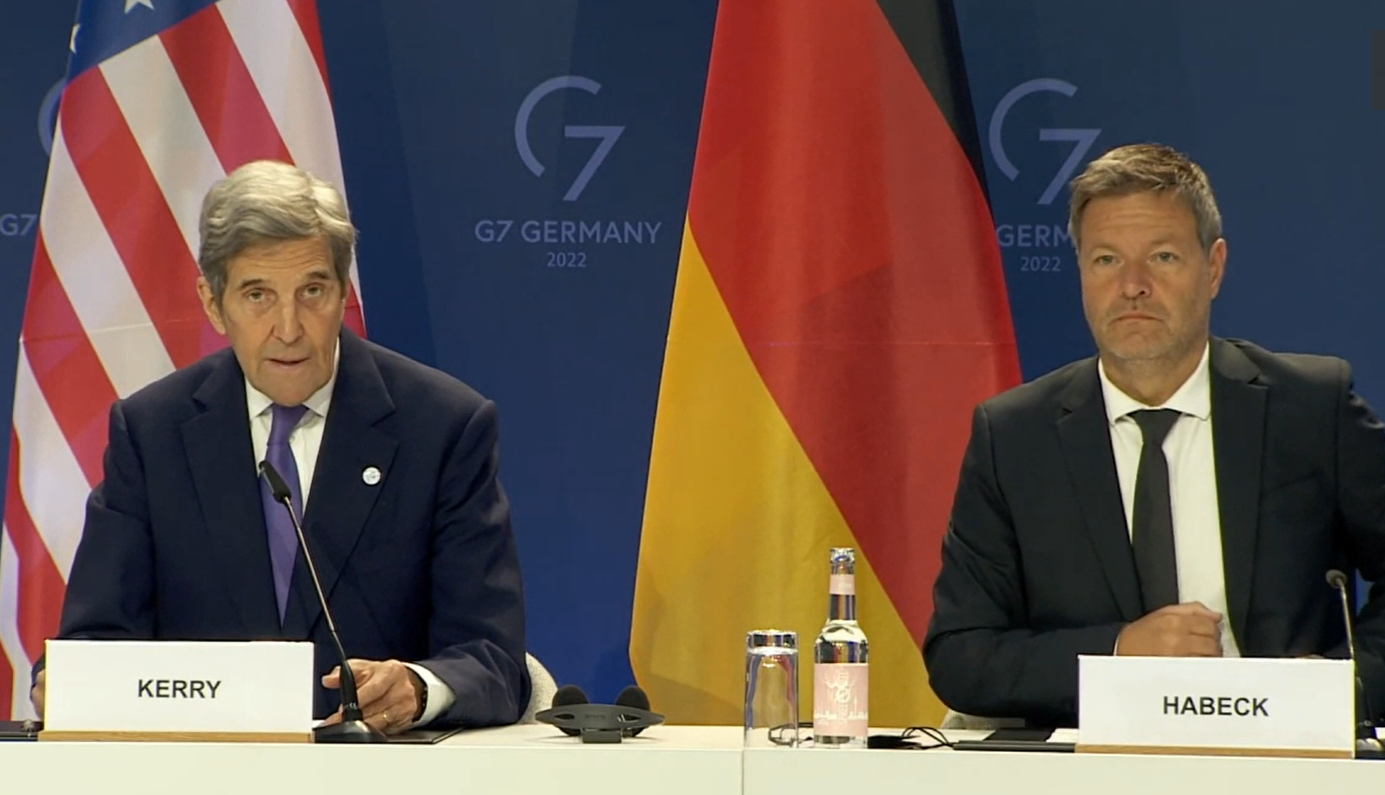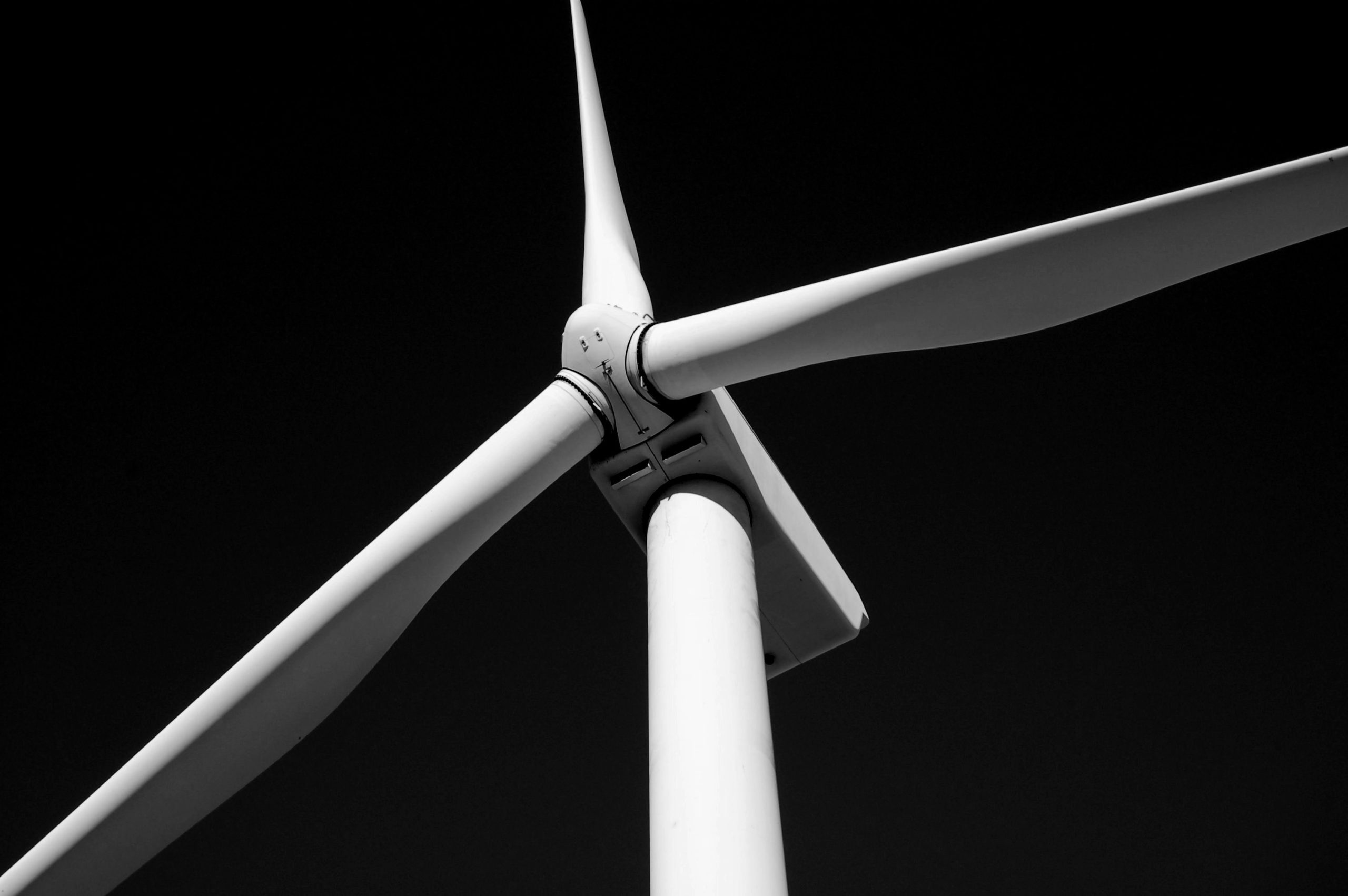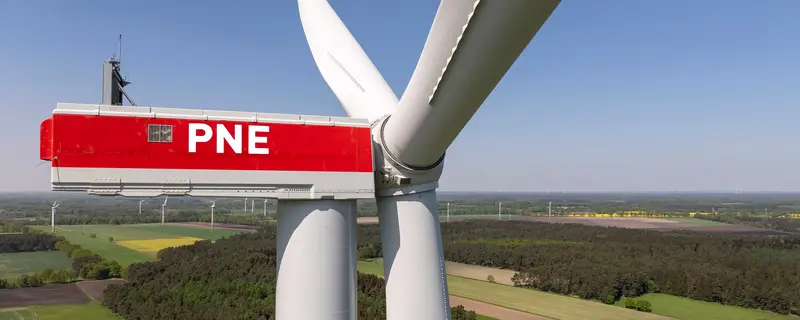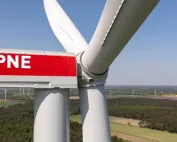Offshore wind energy is one of the areas where Germany and the U.S. will pursue an energy partnership. The signing of a joint declaration by representatives of the two countries took place on the sidelines of a meeting of G7 Climate, Energy and Environment Ministers in Berlin.
On 27 May 2022, German Minister for Economic Affairs and Climate Action, Robert Habeck, and Minister for Foreign Affairs, Annalena Baerbock, together with the U.S. Special Presidential Envoy for Climate, John Kerry, and Deputy Secretary of the U.S. Department of Energy, David M. Turk, signed a joint statement on the U.S.-German energy and climate partnership.
The partnership aims to strengthen cooperation between the two countries in the fields of energy and climate. The document identifies three priorities. The first is to accelerate climate action to achieve climate neutrality. The second is the development and application of technology to accelerate the energy transition. The third objective is to promote climate policy and energy security in third countries.
Cooperation is to take place through joint working groups – in the fields of hydrogen, offshore wind energy, zero-emission transport and cooperation with third countries.
As the declaration reads, the U.S. and Germany share the same goal for 2030. By the end of this decade, both countries should have 30 GW of installed offshore wind capacity. The special working group will focus on transatlantic know-how transfer, information exchange on research and development and developing strategies to address potential bottlenecks in offshore wind development. To this end, a joint strategy document is currently being prepared. In June 2022, U.S. delegation will travel to Germany at the invitation of the German Ministry of Economic Affairs and Climate Action to visit, among others, an offshore wind farm near Heligoland.
G7 meeting – less coal power, more marine conservation
On May 27, the meeting of the G7 Climate, Energy and Environment Ministers was concluded by agreeing on a final declaration that sends a clear signal for increased climate protection and solidarity with the countries most affected by climate change. In doing so, the G7 also set the stage for urgently needed progress at the G20 and the next COP27 global climate conference.
“For the first time, G7 countries are committing to a goal of completely decarbonizing their electricity supply by 2035. For the first time, they are also committing to stop generating electricity from coal. These are huge steps forward, more important than ever in this face of Russia’s vicious war against Ukraine. Climate protection, the phasing out of coal and the development of renewable energy sources are all issues of national, European and international energy security, which we must resolutely develop together”, said Robert Habeck.
G7 also gave a united signal for marine conservation. A group of countries entered into the Ocean Deal as a binding instrument to protect marine biodiversity and environmental standards for potential deep-sea mining. In the future, G7 countries will only support deep-sea mining if serious environmental damage can be ruled out. Antarctica is considered a highly sensitive and species-rich ecosystem that plays a central role in the global climate system, so it is recommended that strictly protected marine conservation areas be designated, the German Ministry’s summary reads.















